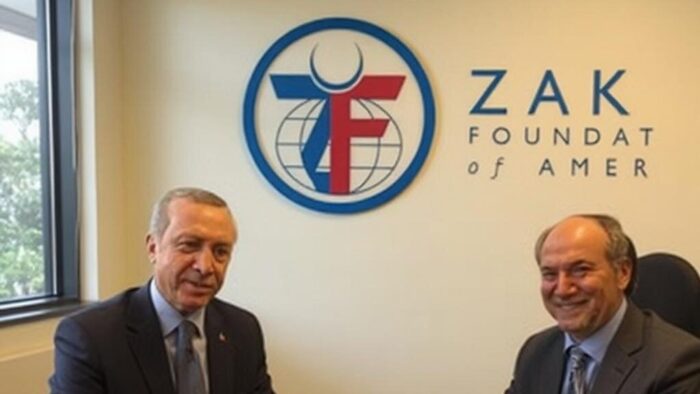German media reported last month that Actualidad RT, the Spanish-language offshoot of Russia Today, has amassed more than 18 million followers on Facebook and almost six million on YouTube. This outstrips the English-language RT, banned in most Western countries over disinformation. According to a report by Deutsche Welle:
April 13, 2022 Facts, half-truths, rumors, and fake news, mixed in with slimming tips, sport and showbiz, and all presented by journalists. Standard daily media fare in many Latin American countries. However, for Russian state media broadcasters, like Russia Today and Sputnik, there is a purpose behind the mixture — targeted disinformation. Both channels are classified by media experts as propaganda tools of the Russian government. The Spanish-language offshoot of Russia Today, Actualidad RT, has been a runaway success since it was founded in 2009. With more than 18 million followers on Facebook and almost six million on YouTube, this “offshoot” far outstrips the English-language version, which has around seven million Facebook followers and around four-and-a-half million on YouTube. “Russia used its status as host of the 2018 football World Cup to establish its media toehold in Latin America,” says Mario Morales, a professor of social communication at Colombia’s Pontifical Javeriana University. He explains that, through the supposedly apolitical medium of sport, “Moscow presented RT as an alternative that professed not to convey propaganda or ideological or state interests.” Since then, Morales says, RT has penetrated the media market in Latin America, and has built up a “loyal following” among its users.
Read the rest here.
The Deutsche Welle report notes that Actualidad RT has 200 Spanish-speaking employees, with offices in Caracas (Venezuela), Havanna (Cuba), and Buenos Aires (Argentina). Although RT was banned from social media following Russia’s invasion of Ukraine, its content is still widely circulated on other websites, such as the Venezuelan network Telesur.
In February, the Global Influence Operations Report reported that Russian state-owned Spanish-language media outlets are outperforming their US counterparts by 3 to 1, suggesting that Russia is winning the information war on Ukraine with Spanish speakers. In November, we reported that Actualidad RT was the second most-watched Spanish-language news channel on YouTube. We have also reported that Russian social media influence operations are succeeding outside Western information spaces where antipathy for the West is deep and sympathy for Russia real.
In 2017, the NYT characterized RT (formerly Russia Today) as follows:
Analysts are sharply divided about the influence of RT. Pointing to its minuscule ratings numbers, many caution against overstating its impact. Yet focusing on ratings may miss the point, says Peter Pomerantsev, who wrote a book three years ago that described Russia’s use of television for propaganda. “Ratings aren’t the main thing for them,” he said. “These are campaigns for financial, political and media influence.” RT and Sputnik propel those campaigns by helping create the fodder for thousands of fake news propagators and providing another outlet for hacked material that can serve Russian interests, said Ben Nimmo, who studies RT for the Atlantic Council. Whatever its impact, RT is unquestionably a case study in the complexity of modern propaganda. It is both a slick modern television network, dressed up with great visuals and stylish presenters, and a content farm that helps feed the European far right. Viewers find it difficult to discern exactly what is journalism and what is propaganda, what may be “fake news” and what is real but presented with a strong slant.





